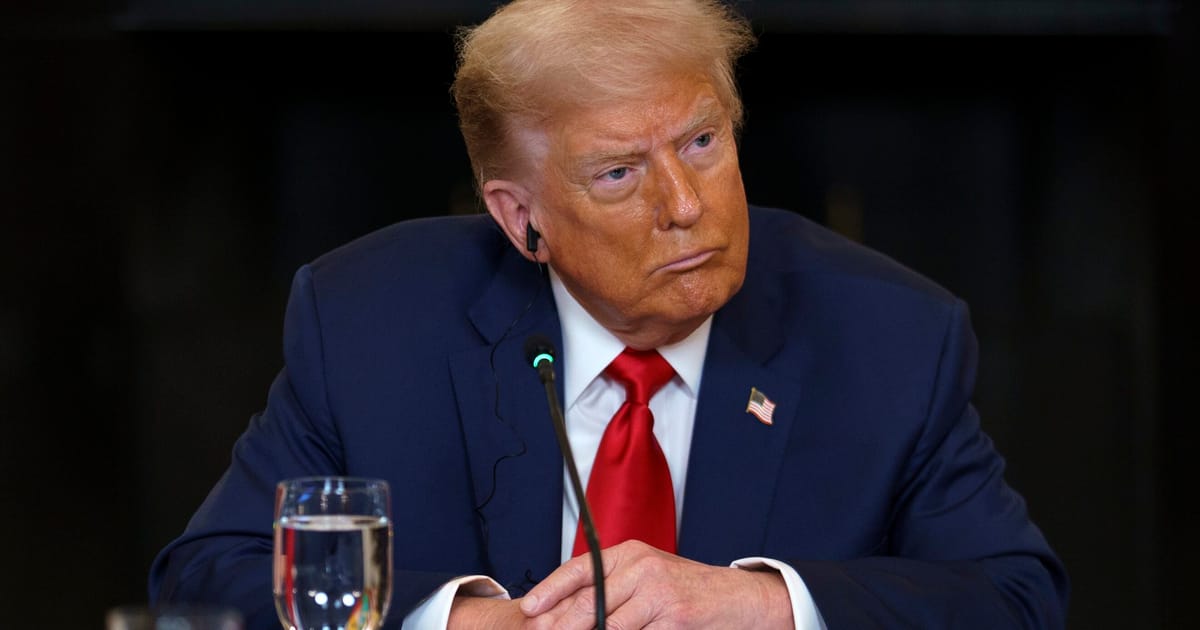The EU has been pushing for an agreement in principle with the White House that would anchor a 10 percent U.S. baseline tariff and provide relief for industrial sectors such as aircraft and spirits. A solution on car tariffs, which stand at 25 percent, is also under discussion.
Trump told NBC on Thursday evening that he would soon notify the EU of new tariffs. The EU said Thursday, meanwhile, that it doesn’t expect a letter in the style of Japan, South Korea — and, on Thursday, Canada, which the U.S. president hit with a 35 percent tariff.
The European Commission was not for now planning any more meetings with U.S. counterparts for Trade Commissioner Maroš Šefčovič or Commission President Ursula von der Leyen over the weekend. Gill stressed, however, that “that can change very quickly.”
The U.S. this week suddenly extended the deadline for trade partners to seal a deal, from July 9 to Aug. 1.
The uncertainty over Trump’s decision brings into play the question of the EU’s first package of retaliation measures against his tariffs. The bloc’s tariffs on U.S. goods worth around €21.5 billion will kick in automatically at 12:01 a.m. on Tuesday — unless the Commission decides to extend their current suspension.
Gill said this step could be taken quickly by the Commission under a so-called urgency procedure. This would only require the subsequent approval of EU countries. “Should we decide to extend the suspension — or if we need to unsuspend it — we can do that with the drop of a hat,” he explained.
That timeline gives the EU’s 27 trade ministers time to discuss the state of play at a meeting in Brussels on Monday, before — if there is still no deal — deciding on any possible retaliation.

